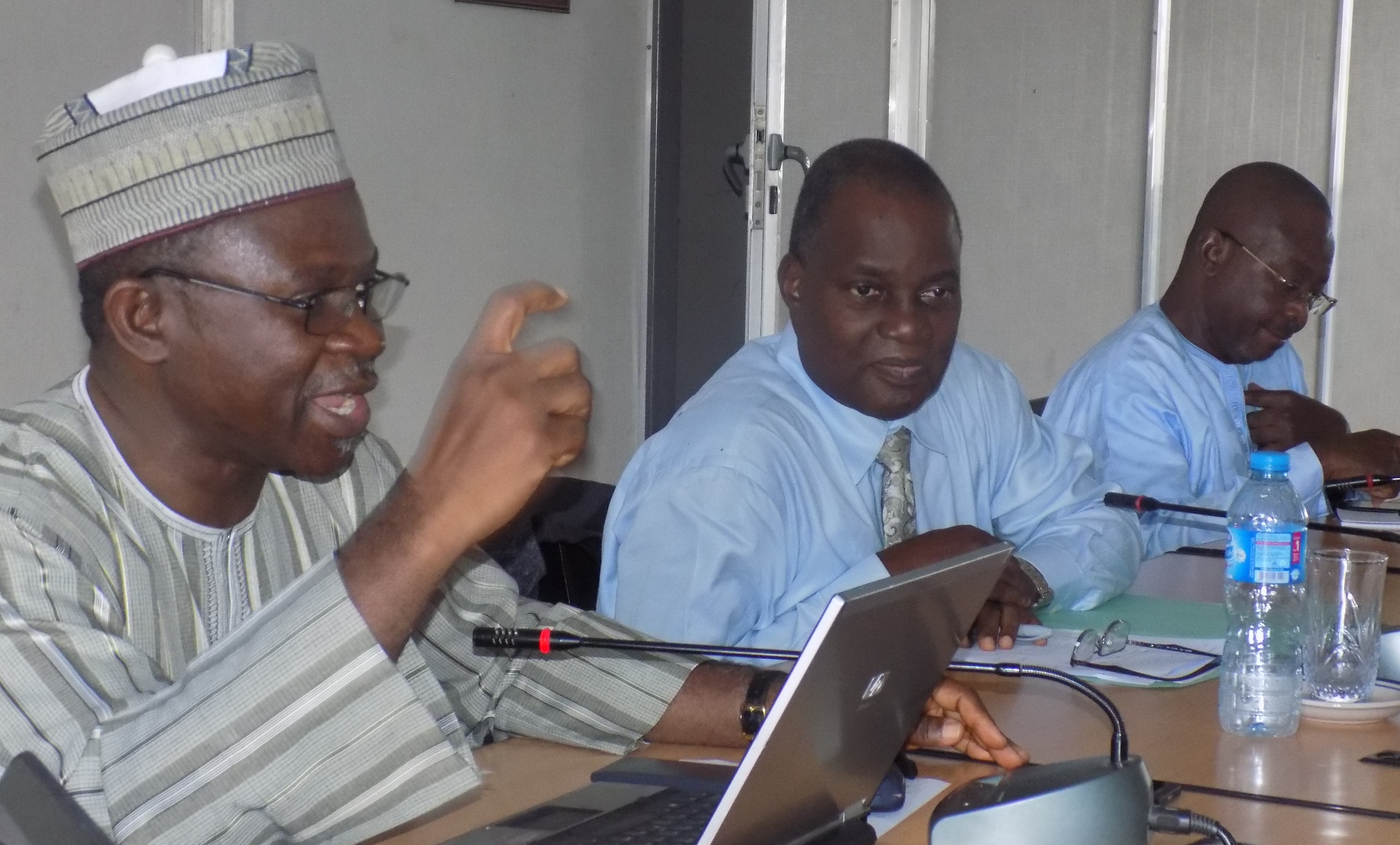By Ndidi Chukwu
National Immunisation Financing Task Team (NIFT) has charged the Federal Ministry of Health to develop a workable and clear guidelines for companies that may wish to begin local production of vaccines for immunisation.
The guidelines is to aid in solving possible discrepancies that may arise the time Nigeria will begin local production of vaccines, when it graduates from GAVI funding by 2022. Though vaccine production is not to be funded by the Nigerian government, NIFT is searching for investment opportunities in Nigeria. “creating innovative means to attract biotechnology investors into Nigeria is what the task team wants to achieve” said NIFT Chairman, Dr Ben Anyene while urging the Federal Ministry of Health to prepare a policy guide.
Understanding what works for Nigeria is important, Anyene said “it is important for the sector to leverage on the gains of Public Private Partnership (PPP) to ensure that at the time of production of vaccines, private investors can key into the system” bearing in mind that the nation will be able to fund its vaccines supply and immunisation programmes while investors also take advantage of the business environment.
There are also worries over Nigeria’s readiness to sustain its immunisation coverage after GAVI’s graduation. Nigeria currently has achieved 67 percent coverage for immunisation for infants, but will have to reach 100 percent coverage to attract investors.
On the business potential for Nigeria, Dr. Mammud Mustapha, Director Logistics and Health Commodities of the National Primary Health Care Development Agency, said “the ultimate goal is to ensure 100 percent for all age groups before 2022, the time Nigeria will begin local production, investors would be attracted because we have what it takes which is the population, the demand for the vaccines will be the driving force”
Mammud said vaccine markets should be seen as where interest of Nigerians can be projected, “we should have a view of the desire not just to produce vaccines, or free ourselves from dependency on donors, but as a nation we should be able to understand what is involved and be able to identify our own challenges and prospects and also know how far we can go if we begin local production” he said.
Partnership with expatriates on drug development, universities, governments with bilateral relationship with Nigeria, Companies and Private funders that have the knowhow would be involved to achieve the goal but Mammud argued this could “inhibit the level of dependency” the nation would have.
NIFT terms of reference is to develop a sustainable vaccine financing strategy for Nigeria, it is however looking at possibilities and Nigeria’s potential, in areas of acceptability before it can okay local production in Nigeria.




